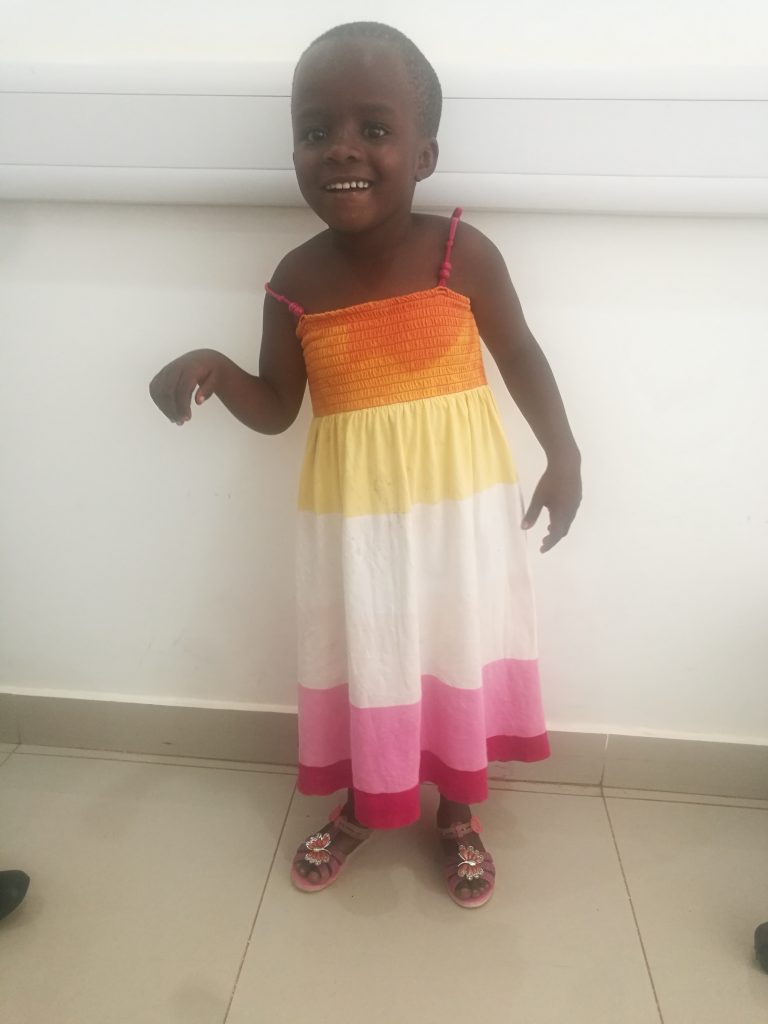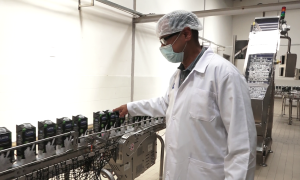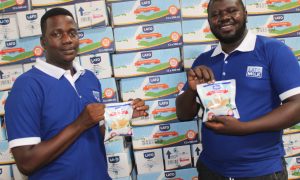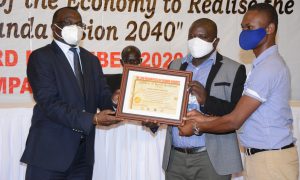
On a typical day in Kampala, it is not uncommon for one to see an ambulance dashing from one end of the city to another, sirens blaring. In majority of the cases, these vehicles will likely be transferring a patient from one of the high-end private health facilities in the capital to a public hospital for further management.
To the casual observer, this might look like an instance in which a private healthcare facility is passing the buck to the public system after failing to manage a case in critical condition. Yet nothing could be further from the truth according to Dennis Twambale, the Head of Business Development at UMC Victoria Hospital, one of the top tier private health care facilities in Kampala.
“The main reasons for referral from here to Mulago or any other public health facility for that matter tend to be more financial than medical,” he says.
Twambale explains that given Uganda’s socio-economic context, there are many patients that will always turn up at the hospital as a first port of call in an emergency. But after the patient is stabilised, the reality of whether they are in a position to afford the cost of care often sets in, culminating in the mutual decision to refer to a facility where the patient will not be burdened by mounting bills.
Uganda does not have a universal medical insurance scheme which leaves the majority of the population exposed to a huge financial burden in event of illness. A few people in employment are covered by employer sponsored micro-insurance medical schemes but even these may not be sufficient to meet the cost of advanced procedures such as surgery.
Working with communities in western Uganda, field staff employed by milk processor Pearl Dairy, the makers of the Lato brand of dairy products, often came face to face with touching instances of childhood disability. Disability was most prevalent among borderline populations that live below or just above the poverty line.
“When we looked at the official numbers, we were actually shocked by the burden of disability on a national scale,” recalls Mrs Drashna Kotecha, a member of the LATO Help Project Governance Committee.
For instance, a study that was conducted by the World Health Organisation found that more than 1.4 million children in Uganda were living with disability and while they all needed corrective surgery, none could afford it because of their social status.
“That is how we began thinking about putting together a partnership which, through pooling of resources, could create a pathway to corrective surgery for some of the most deserving cases,” Kotecha recalls.
After identifying the key project functions, Pearl Dairy was able to define the external partnerships that would be necessary to deliver the major objectives. The idea was to channel a portion of the proceeds from the sales of Lato milk to the project however, that would only solve part of the problem.
“We needed external support ranging from the product to the sales channels. You also had to think through the hospital that would perform the surgeries, the media partners who would provide the publicity, the packaging partners and the various specialised institutions that needed to buy into the initiative,” adds Kotecha.
Global food processing and packaging solutions company, Tetra Pak came on board, offering a free of cost, specially designed pouch to distinguish the products whose proceeds would support the initiative while ten retail partners including Shoprite, Tuskys, Quality, Master, Fraine, and Millennium Supermarkets agreed to stock and sell the pouches dubbed ‘Lato Red’ at zero margin. Graphic systems freely facilitated printing for branding the points of sale for the product; Madhvani Foundation provided the cartons for packaging the pouches while NIC Bank provided banking solutions to the project. That was in addition to a number of broadcast and print production media companies including Alliance Media which contributed free billboards to facilitate communications for the project.
UMC Victoria Hospital waived all professional and bed fees for the surgeries and post-operative care.
“The costs involved in corrective surgery can be prohibitive because as much as 40% of the cost of treatment can go to just one item – expert fees. Then there are the bed costs and the consumables, all which can rack up to a bill beyond the reach of even middle-class Ugandans,” says Dr Edrin Jjuuko, the Chief Medical Officer at UMC Victoria Hospital.
The hospital began by looking at what it could give on its own. Since the consultants were already employed by the facility, their fees were taken out of the billing. Bedside costs were also removed, leaving only the consumables.
“The consumables such as specialised drugs and other inputs to treatment can be expensive but once sponsors for that component were identified, then corrective surgery could be brought within the reach of those that needed it but could not afford it,” Jjuuko explains.
The project hit the market in October 2018, when Pearl Dairy launched the ‘Lato Help Project’ pouches as a separate product line whose proceeds net of taxes are remitted by retailers direct into a charity account that has been set up for the purpose. An independent governance board monitors and controls the proceeds as well as selection of beneficiaries.
The product is presented in a pouch that features a distinct red colouring and a unique barcode. The pouches bear information about the social objectives associated with the project and are left to make an independent decision to buy or not to buy.
So far, proceeds from the project have facilitated corrective surgery for 28 children. The cohort of 28 was selected from screenings of 250 children from camps conducted in different parts of Uganda.
“Corrective surgery is fundamentally liberating in two senses,” says Dr. Jjuuko.
“Restoring the physical functionality of the individual allows them to live a normal life and to bring their personal dreams within reach. More fundamentally however, it also frees the trapped productivity of those whose time would otherwise be dedicated to their care.”
The response has been amazing and encouraging according to Kotecha. “After the initial surgeries, we are receiving many enquiries and patient details for potential surgeries. The governance committee is auditing the case for the next batch of surgeries,” she says.
Peal Dairy (Lato ) wants to run the programme as part of its corporate social responsibility with the number of surgeries sponsored dependent on how the special milk pouches are embraced by consumers and corporate partners that come on board.




























